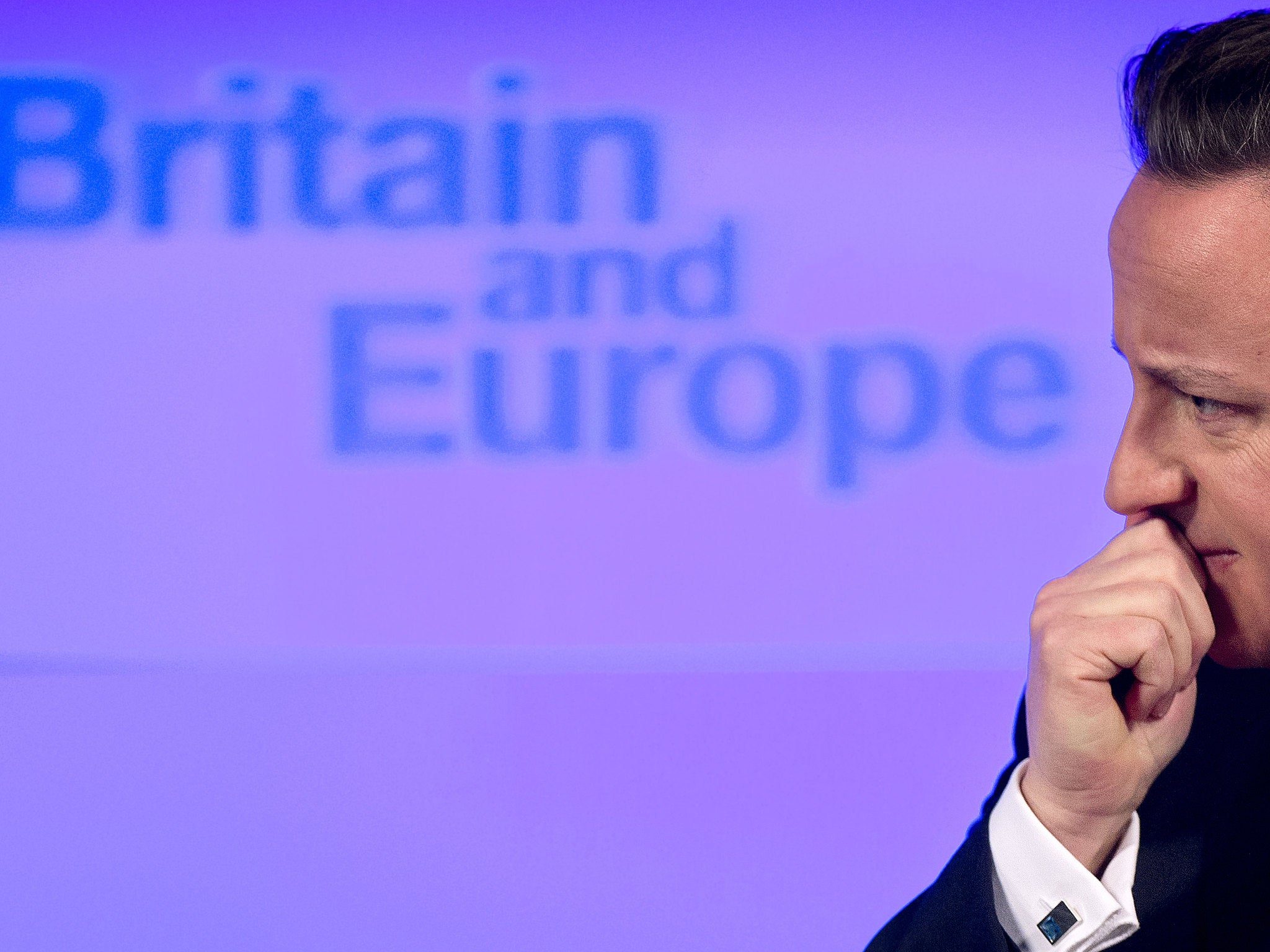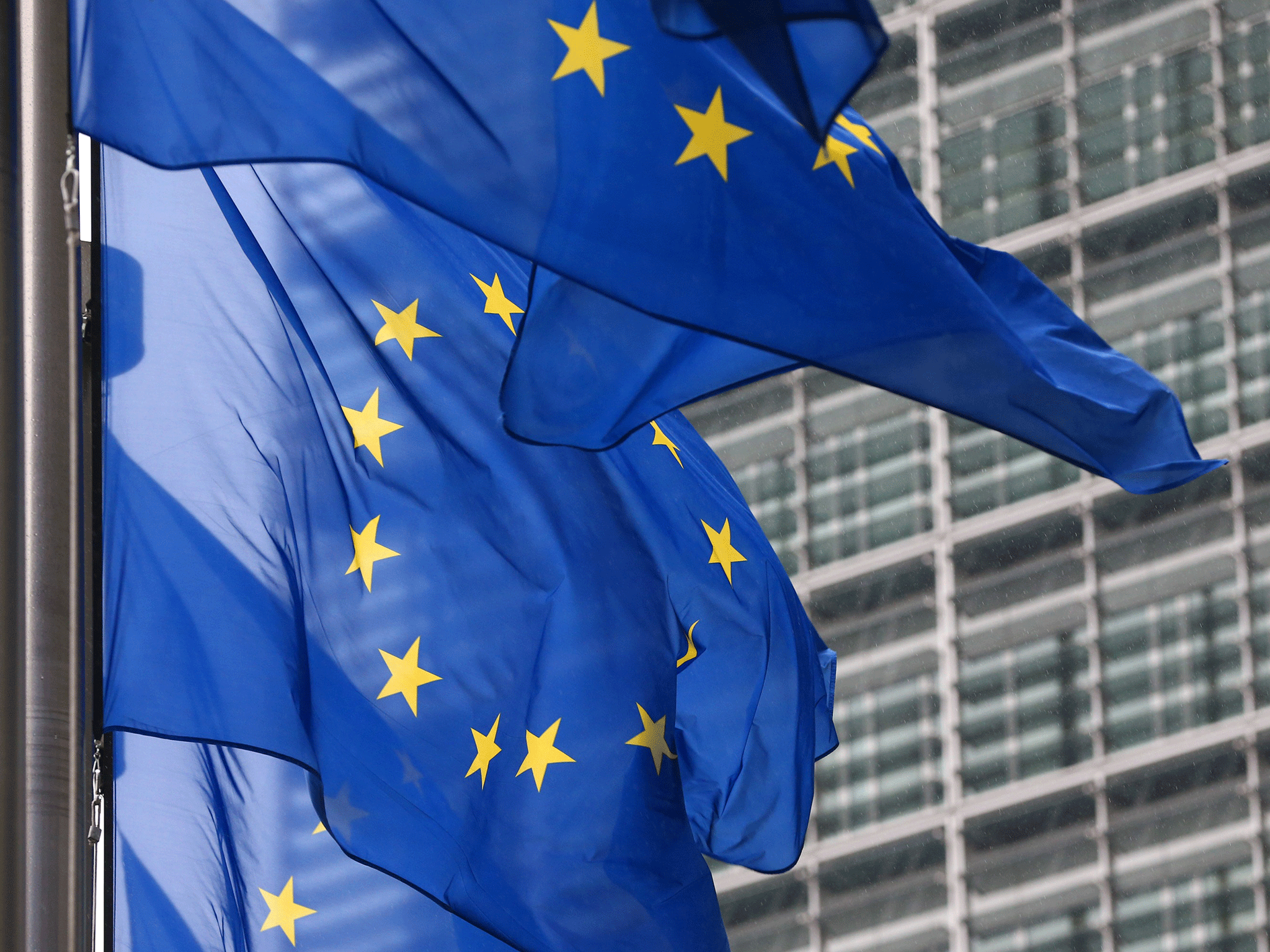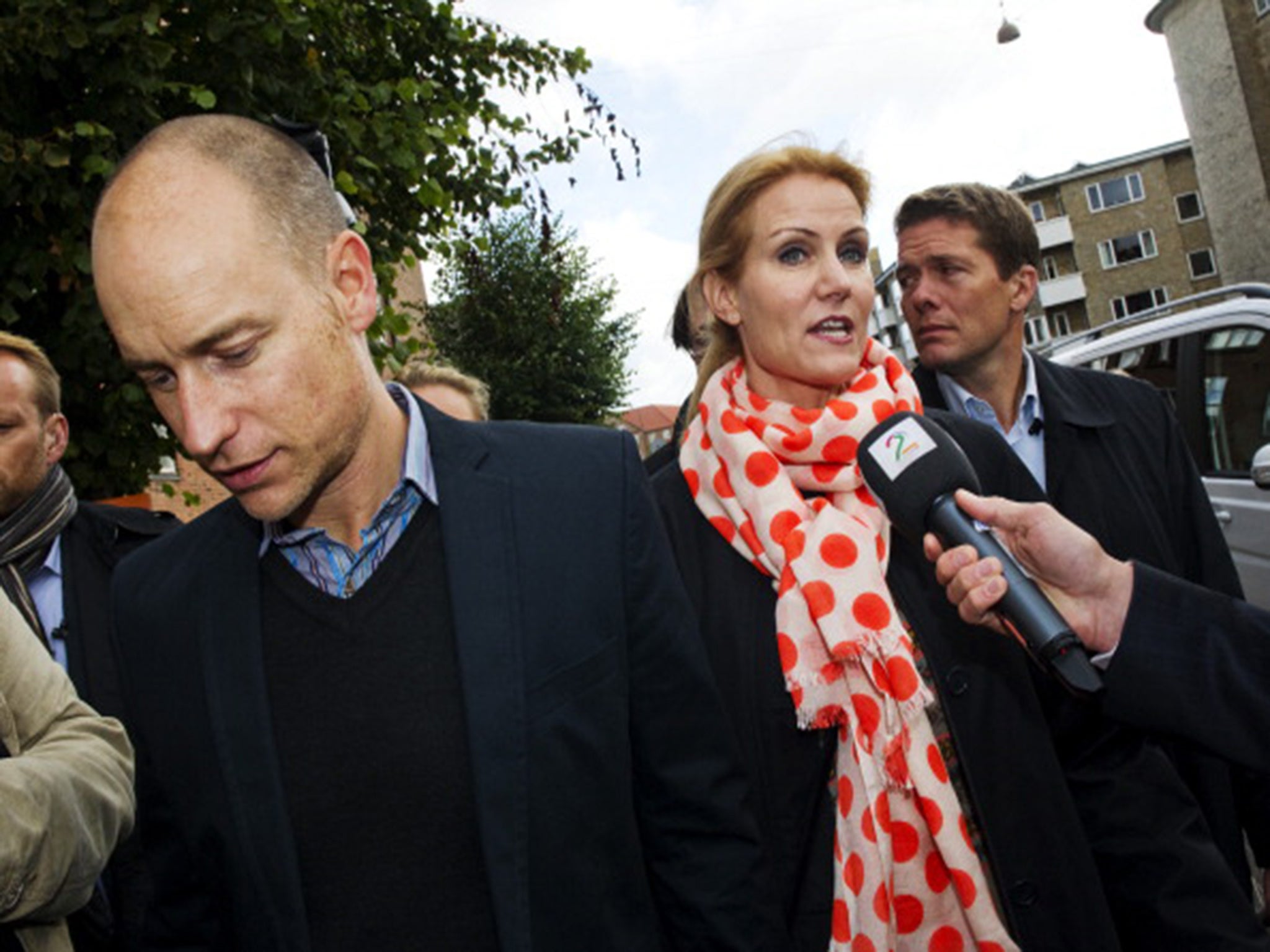Your support helps us to tell the story
From reproductive rights to climate change to Big Tech, The Independent is on the ground when the story is developing. Whether it's investigating the financials of Elon Musk's pro-Trump PAC or producing our latest documentary, 'The A Word', which shines a light on the American women fighting for reproductive rights, we know how important it is to parse out the facts from the messaging.
At such a critical moment in US history, we need reporters on the ground. Your donation allows us to keep sending journalists to speak to both sides of the story.
The Independent is trusted by Americans across the entire political spectrum. And unlike many other quality news outlets, we choose not to lock Americans out of our reporting and analysis with paywalls. We believe quality journalism should be available to everyone, paid for by those who can afford it.
Your support makes all the difference.Denmark's election results are in and the social democrats are out of power after the collapse of their liberal coalition partners. The eurosceptic right is likely to form the next government: what does this mean for Britain?
David Cameron could have a new ally for his EU reforms

The right-wing populist Danish People’s Party is the undisputed winner of the elections. It took 21.4 per cent of the vote, up from 12.3 in 2011.
The eurosceptic group has struck a deal with his right-wing allies to support David Cameron’s plans for renegotiating EU rules about migration.
The PM wants to renegotiate rules around freedom of movement and social security payments, but has been stonewalled by a number of other European nations – he’ll welcome support from the new Danish government.
This doesn’t necessarily mean negotiations will succeed

While Mr Cameron will see the result as a welcome boost, having Denmark on-side doesn’t necessarily make him any more likely to succeed.
In one sense, the prime minister is just standing still – he lost a close ally late last year in Sweden after the centre-left took power there. Denmark is really stepping in to fill the gap.
Despite its international reputation, Denmark is also a rather small country, with a population similar to that of Yorkshire.
The PM also needs to find agreement across Europe to actually effect any change. With so many countries actively set against his plans, this will still be difficult to achieve.
Liberalism continues to wither all across Europe

The two big losers of the elections were Venestre – Denmark’s main centre-right liberal party, and Det Radikale Venstre, who are centre-left liberals.
Both parties are part of the same pan-European group as Britain’s Liberal Democrats .
Denmark’s centre-left social democrats, who led the outgoing government, actually did quite well, increasing their vote shame. But their liberal coalition partners collapsed.
Denmark is just the latest country where liberals are being rejected by voters: The Liberal Democrats suffered badly in Britain last month. The German FDP, one of the country’s longest running parties, also suffered a wipe-out in the latest federal elections.
Other places where ALDE liberals have done badly include France and Italy.
For now it’s not clear whether liberalism has a future in the European mainstream as forces from the radical right and left advance across the continent.
A Labour MP is no longer married to the Danish prime minister

Stephen Kinnock, son of former leader Neil Kinnock, was elected as MP for the constituency of Aberavon at last month’s UK general election.
Mr Kinnock is married to Helle Thorning-Schmidt, the leader or the Danish social democrats – and the outgoing prime minister of the country.
For a few fleeting weeks, the Danish and British political systems were united at the top level by marriage.
Those hoping Mr Kinnock would become British prime minister just to see what international summits would be like will be disappointed.

Join our commenting forum
Join thought-provoking conversations, follow other Independent readers and see their replies
Comments